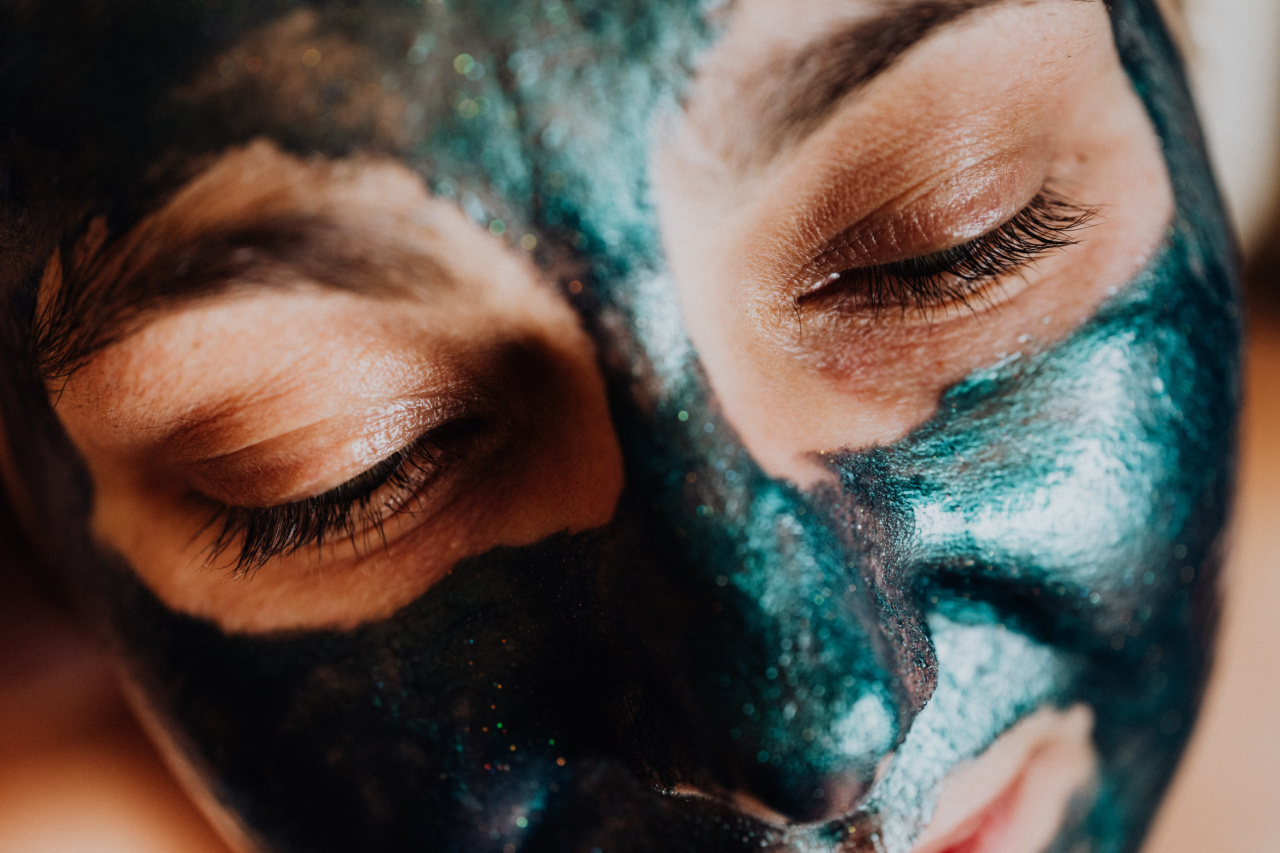Our eyes are one of the most important organs in our bodies, but we often take them for granted. They allow us to see the world around us, but we don’t think about them until something goes wrong.
Taking care of your eyes should be a priority at any age, so here are some tips to help you maintain good eye health:.
Eat a healthy diet
What you eat can affect your overall health, including your eyes. Foods rich in antioxidants and vitamins A, C, and E can help prevent or delay age-related eye problems.
Leafy green vegetables, oily fish, and citrus fruits are some examples of food that is good for your eyes.
Quit smoking
Smoking not only harms your lungs, but it can also damage your eyes. Smoking increases the risk of age-related macular degeneration, cataracts, and other eye problems. If you smoke, quitting can help prevent further damage to your eyes.
Protect your eyes from the sun
UV rays from the sun can damage your eyes and increase the risk of cataracts and other eye problems. Wearing sunglasses with UV protection and a hat can help protect your eyes from the sun.
Even on cloudy days, there can be harmful UV rays, so it’s important to wear sunglasses when you’re outside.
Take breaks regularly
Staring at a computer or phone screen for long periods of time can cause eye strain, headaches, and dry eyes. Follow the 20-20-20 rule: every 20 minutes, take a 20-second break and look at something 20 feet away.
This can help reduce eye strain and fatigue.
Get enough sleep
Getting enough sleep is important for your overall health and can also help prevent eye problems. Lack of sleep can cause eye twitching, dry eyes, and eye strain. Adults should aim for 7-9 hours of sleep per night.
Visit your eye doctor regularly
Even if you don’t wear glasses or contacts, it’s important to have regular eye exams. Your eye doctor can check for signs of eye problems and can detect early signs of conditions such as glaucoma and cataracts.
Adults should have a comprehensive eye exam every 1-2 years.
Protect your eyes when playing sports
Sports such as basketball, baseball, and hockey can pose a risk to your eyes. Wearing protective eyewear can help prevent eye injuries and can also improve performance on the field or court.
Keep your eyes clean
Washing your hands regularly can help prevent the spread of germs to your eyes and can also prevent eye infections. Avoid touching your eyes too much, and if you wear makeup, make sure to remove it before going to bed.
Know your family’s eye health history
Some eye problems, such as glaucoma and macular degeneration, can be hereditary. Knowing your family’s eye health history can help your doctor determine if you are at risk for these conditions and can help you take steps to prevent them.
Conclusion
Taking care of your eyes is important at any age. By following these tips, you can help prevent eye problems and maintain good eye health.
Remember to eat a healthy diet, protect your eyes from the sun, take breaks regularly, get enough sleep, visit your eye doctor regularly, protect your eyes during sports, keep your eyes clean, and know your family’s eye health history.




























